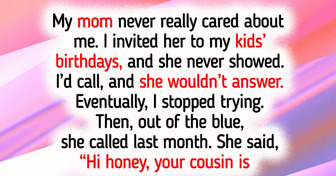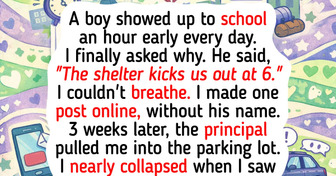I Bought a Lavish Secret Santa Gift and Received a Cheap, Insulting One in Return

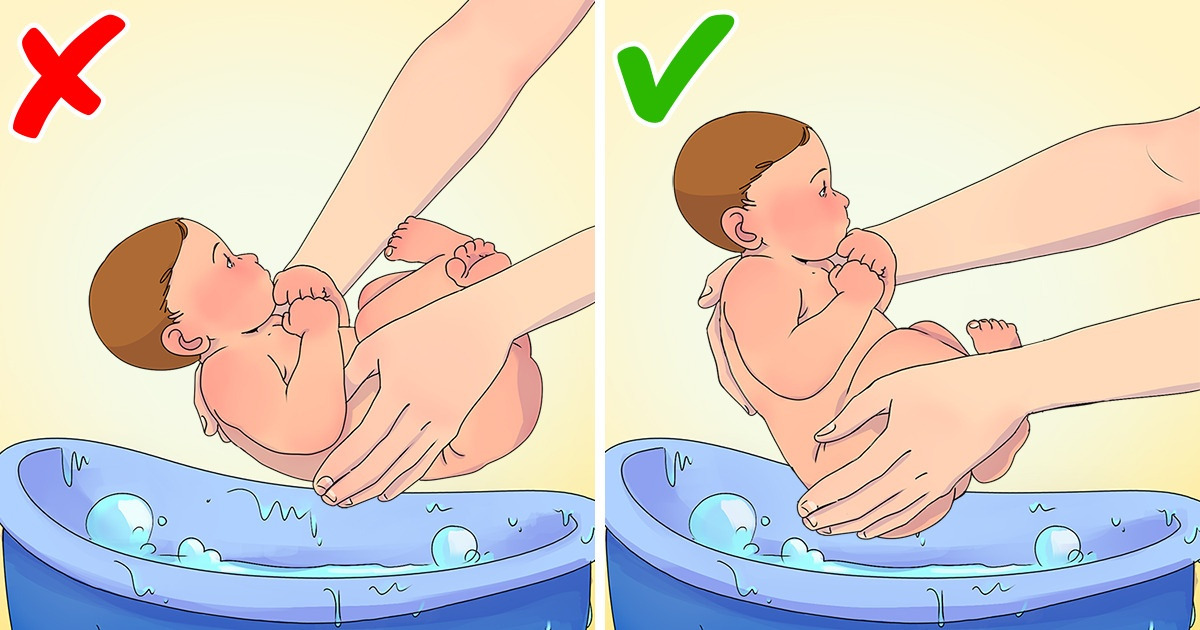
If you are a new parent, there are many things that you’ll have to learn really fast. Babies learn new things every single day. So you need to be at your best and gather all the knowledge and information you can so that your baby is always safe and taken care of.
We at Bright Side found the most helpful recommendations and created a list for parents that when those nights of no sleep start to make you fussy, can come in handy.
When the baby is starting to transition into solid food, it’s better to let them develop their own phase and the quantity of food they want to eat. To achieve that, the baby can sit with the family when they are eating, and they should be offered the same food that everyone else is eating. Also, it is recommended that the baby is encouraged to feed themselves from the start.
To keep your baby safe, it is better to place them in their crib. That way, you avoid putting them at risk of any sudden involuntary movement on your part. Also, it is better to avoid using big blankets or pillows in the baby’s crib so they can have room to breathe calmly while sleeping.

Once your baby has acclimated to their crib, it is recommended by experts to alternate the position they sleep in. Every other night you should try to mix it up and rotate the position of their head. First, to the right, then to the left, and so on. This will help avoid the development of a flat spot on one side of their head.
Point out an object that they can recognize quickly and try to hide it and see if they are curious about where the object went. Ask them where the object went and make it into a game of “hide and seek.” See if your baby becomes more willing to find it.
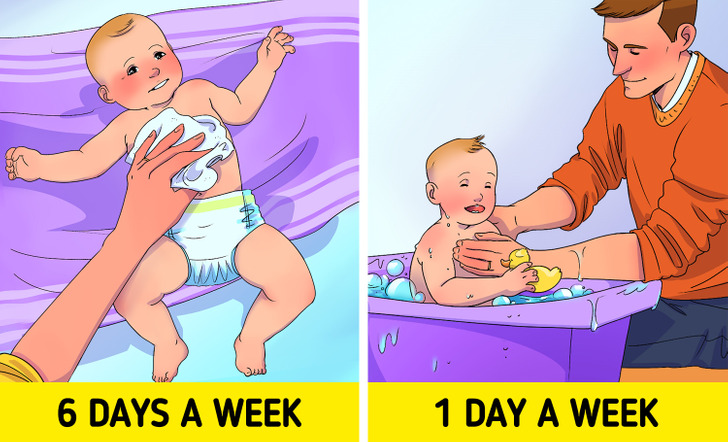
It is recommended to clean your baby only in the spots where they get dirty and do a proper bath only 2 times a week since doing a bath too frequently can dry your baby’s skin or encourage the development of rashes or itchy skin.
When your baby is 3 months old, their development is of utmost importance. This is when their view of the world and what surrounds them begins to develop. That’s why it’s recommended to help them to get a new view of the world by facing them outward safely through a window every day.
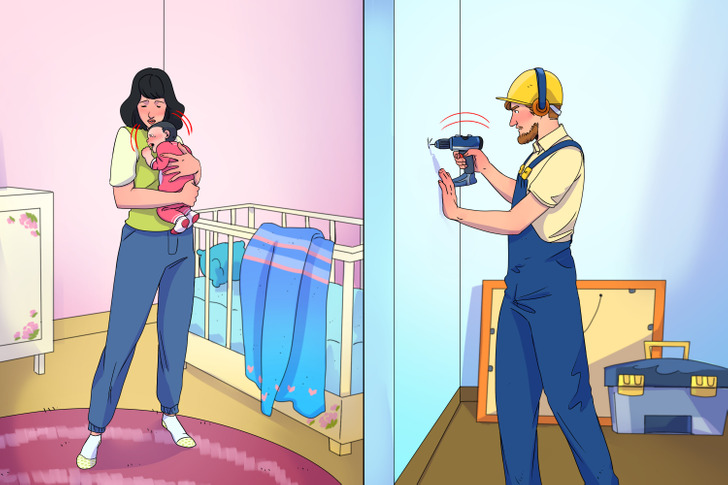
When a loud noise occurs near your baby, or if you drop a huge plate on the floor and it startles you, look at your baby. If they become startled as well, or they jump, it’s a good sign to know that your baby’s hearing is healthy. If they don’t jump, check with your pediatrician and show your concern.
When your baby is 5 to 9 months old, their first teeth usually begin to come in. That is the first sign that you can start washing their teeth. When doing this, make that you only rub their gums gently and softly. When you realize that they can tolerate a toothbrush, try gently to incorporate it into your routine. Avoid the use of toothpaste until your baby is about 18 months.
Sometimes your baby can wake up in a cranky mood and you can try everything from feeding them or playing with them, and it just won’t go away. If you can’t find a way to make the tantrum disappear, just respect the mood they are in and wait for it to pass on its own. Just give them a little space and be aware so they can feel safe with you around.
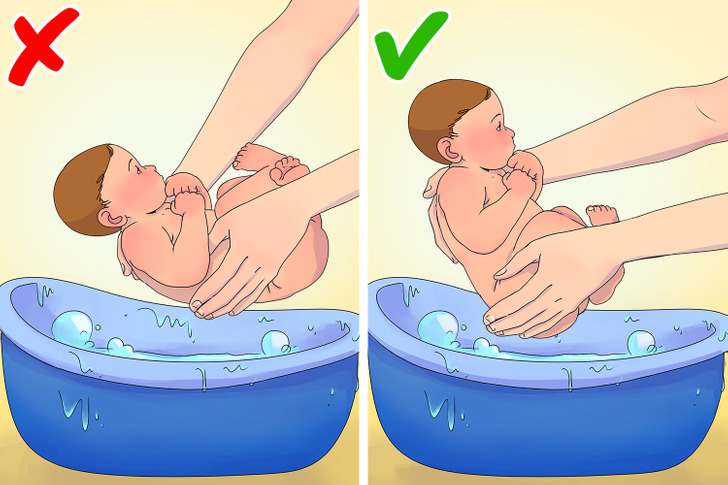
When taking a bath, there are a few important things to keep in mind. First, as obvious as it may sound, never leave them alone in the water. And secondly, when putting your baby into the water, put their feet in first so they can acclimate to the temperature of the water. Then introduce their legs, slowly, always holding them. When they are already in the tub, help them to sit down and then lie them down onto a non-slippery surface of the tub.
Do you have any more baby-care tips for other parents? Feel free to share them in the comments below.

